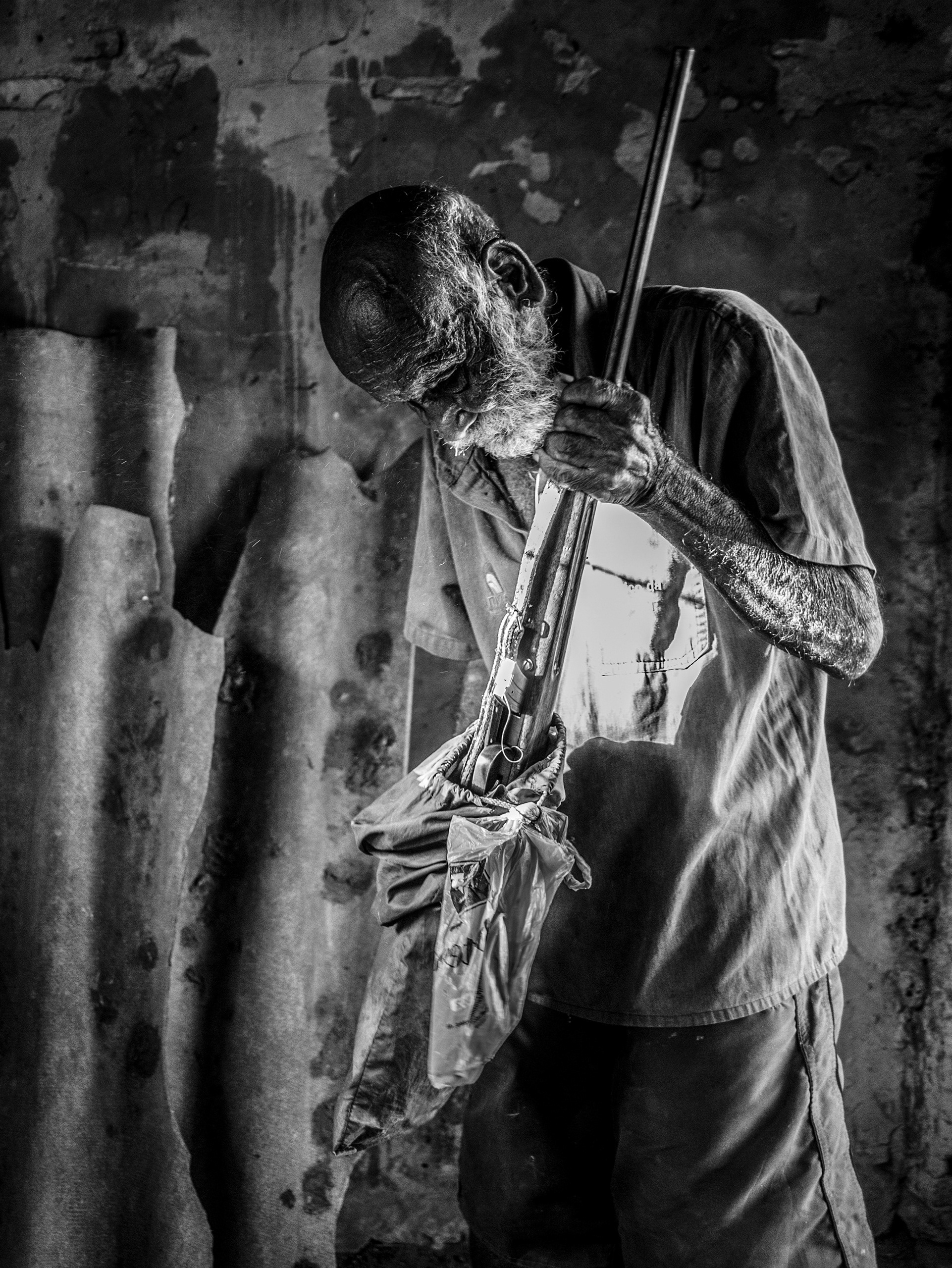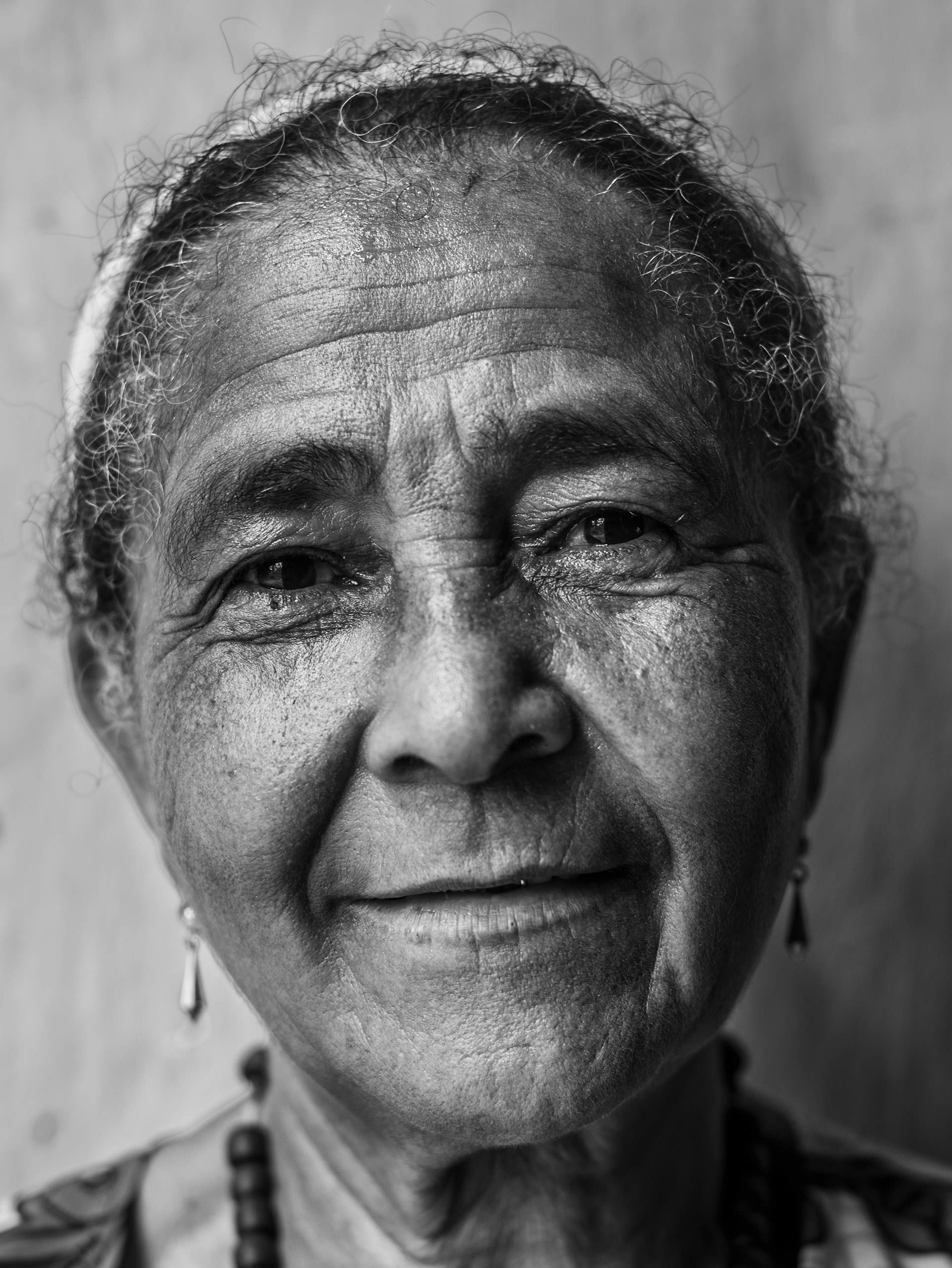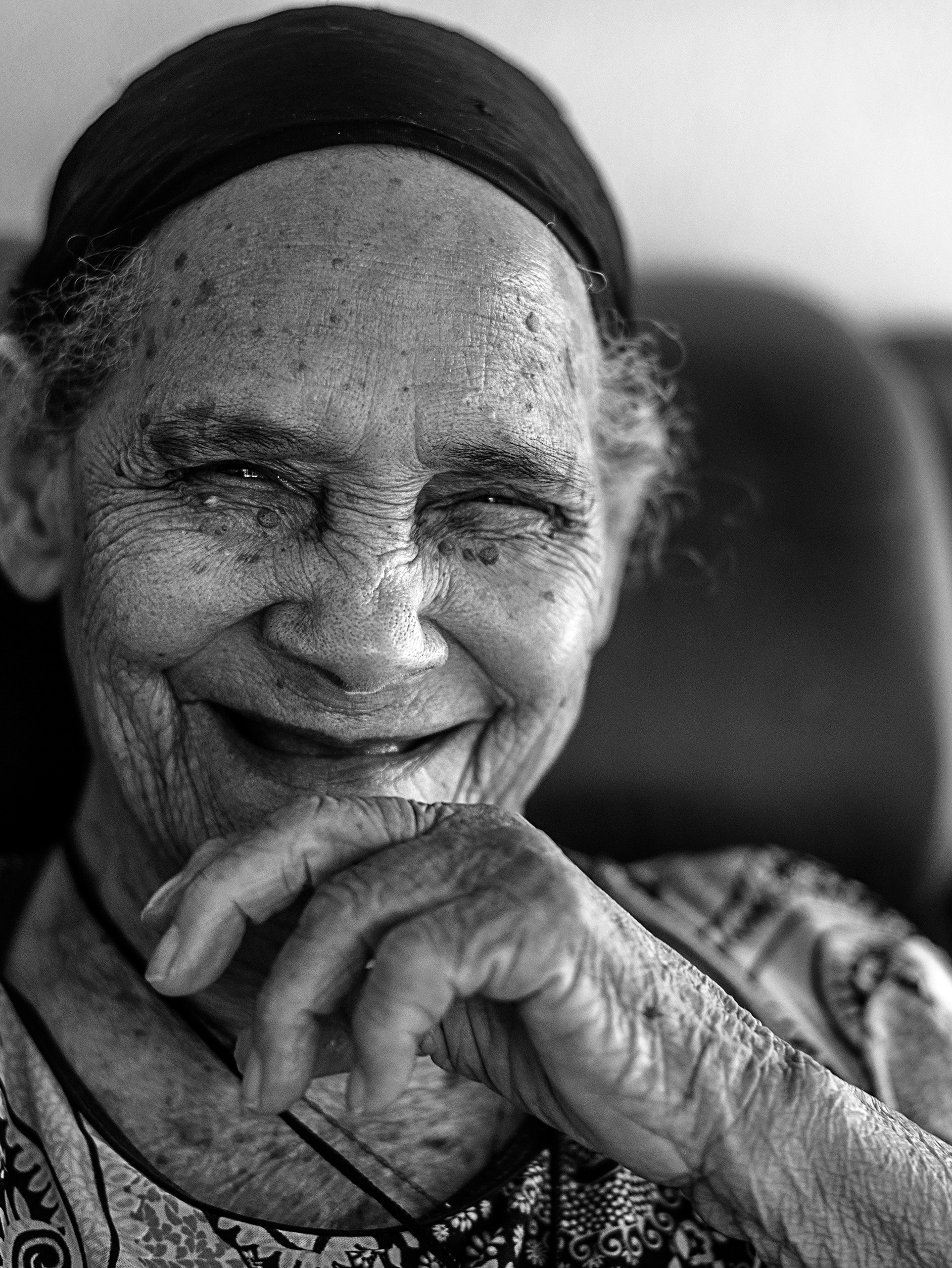Água Boa II community, Rio Pardo de Minas - Minas Gerais, Brazil, 2018
There has been, in recent years, an increasing popularization of the debate about healthy food and lifestyle. As well as a diversification and expansion of the supply and demand for organic foods. There are countless profiles in social networks that talk about the subject, share tips, advertise products and make profit from it. However, there is a problem with this phenomenon, some kind of gap, a disconnection with reality. In the documentary Cochichos de Cozinha - affection and politics at the table, Vanessa Schottz, Professor In Nutrition and Food Safety by the Federal Rural University of Rio de Janeiro, explains this situation:
“How can we communicate the struggles based on food and whoever consumes it? Because one of the things we notice is that the consumer audience is often interested in the quality of that food, very much related to the health issue, but they don't know anything about what is happening, about every struggle that surrounds food, about the stories that it holds before it gets to the market. [...] In order to have real food, good quality food, it’s necessary to support the various struggles, the struggle for food sovereignty, which involves the fight for land, which involves the fight for seeds, which involves the fight for water. Because we often see that the same consumer who goes to the market and buys that product, buys this food that goes through so much struggle to get there… this consumer is the same one who won’t understand or sympathize... they will not support a struggle for land rights, they won’t understand that those people, those farmers, come from a place of a lot of struggle that needs support. So, we understand that food can create this communication and connect consumers and producers in order to reinforce that this struggle for land is also a struggle related to the right to eat ”.
The previously mentioned growing health movement fails when it disseminates the principle of healthy eating from an exclusively individual and consumerist perspective, disregarding the entire social process involved in the production of these organic foods, this “real food”. We know that it’s the small farmers who feed Brazil and not large landowners: 70% of all food that reaches families’ homes comes from small family farming. Even so, they are the ones who receive less government incentives and those who have less access to land. In other words, the right to eat well will only be guaranteed to all once we move forward in the fight for water, seeds, for the acknowledgment of the traditional populations’ territories, for the devolution of land. That is the path to food security.
DO YOU LIKE THIS PHOTO?
Buy it and strengthen the Quilombolas struggle in COVID-19 times.
Buy it and strengthen the Quilombolas struggle in COVID-19 times.









